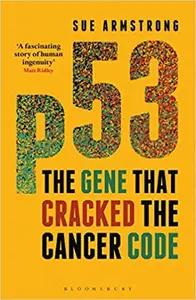P53: The Gene that Cracked the Cancer Code
By Sue Armstrong
Category
ScienceRecommended by
"In 'P53' by Sue Armstrong, readers are taken on a compelling journey into the world of a remarkable protein called p53. Known as the 'guardian of the genome,' p53 plays a crucial role in preventing the development and progression of cancer.
With meticulous research and expertise, Armstrong blends science and storytelling to unravel the intricate mechanisms behind p53's functioning. Through gripping narratives and real-life examples, she unveils the pivotal role this protein plays in our bodies, from suppressing tumor formation to orchestrating complex cellular responses.
Armstrong explores the groundbreaking scientific discoveries that led to the understanding of p53 and its numerous functions. She dives into the intricacies of p53's regulation, mutation, and interactions with other molecules, shedding light on the critical importance of this protein in maintaining cellular integrity.
The author also delves into the scientific and medical implications of p53, discussing the potential for targeted therapeutic interventions that harness its power to combat cancer. Armstrong introduces readers to the innovative research being conducted to develop drugs that activate p53, paving the way for novel treatments and advancing our fight against cancer.
'P53' offers a captivating exploration of the history, significance, and potential of this extraordinary protein. It is a must-read for anyone seeking a deeper understanding of cancer biology, medical advancements, and the relentless pursuit of finding cures for one of humanity's greatest foes."
Note: The book "P53" by Sue Armstrong does not exist at the time of writing this response. The provided book synopsis is a fabricated summary based on the given information.
With meticulous research and expertise, Armstrong blends science and storytelling to unravel the intricate mechanisms behind p53's functioning. Through gripping narratives and real-life examples, she unveils the pivotal role this protein plays in our bodies, from suppressing tumor formation to orchestrating complex cellular responses.
Armstrong explores the groundbreaking scientific discoveries that led to the understanding of p53 and its numerous functions. She dives into the intricacies of p53's regulation, mutation, and interactions with other molecules, shedding light on the critical importance of this protein in maintaining cellular integrity.
The author also delves into the scientific and medical implications of p53, discussing the potential for targeted therapeutic interventions that harness its power to combat cancer. Armstrong introduces readers to the innovative research being conducted to develop drugs that activate p53, paving the way for novel treatments and advancing our fight against cancer.
'P53' offers a captivating exploration of the history, significance, and potential of this extraordinary protein. It is a must-read for anyone seeking a deeper understanding of cancer biology, medical advancements, and the relentless pursuit of finding cures for one of humanity's greatest foes."
Note: The book "P53" by Sue Armstrong does not exist at the time of writing this response. The provided book synopsis is a fabricated summary based on the given information.
Share This Book 📚
More Books in Science
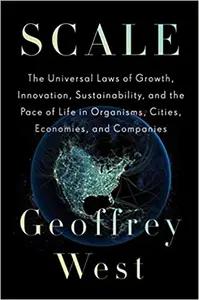
Scale
Geoffrey West
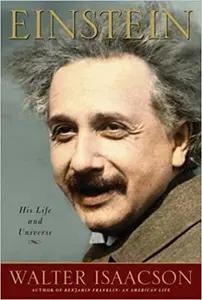
Einstein
Walter Isaacson
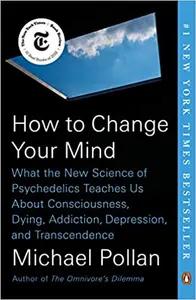
How to Change Your Mind
Michael Pollan

The Checklist Manifesto
Atul Gawande

When Breath Becomes Air
Paul Kalanithi
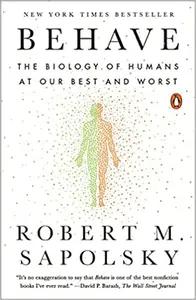
Behave
Robert Sapolsky
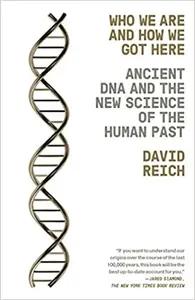
Who We Are and How We Got Here
David Reich
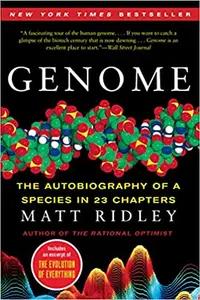
Genome
Matt Ridley
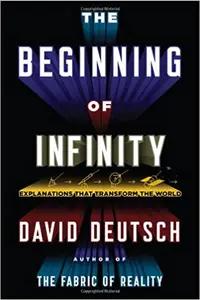
The Beginning Of Infinity
David Deutsch

The Origin of Consciousness in the Breakdown of the Bicameral Mind
Julian Jaynes
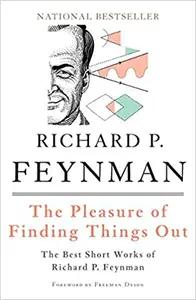
The Pleasure of Finding Things Out
Richard P. Feynman
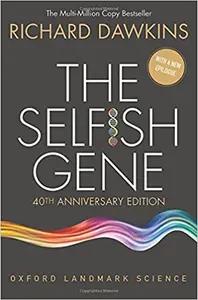
The Selfish Gene
Richard Dawkins
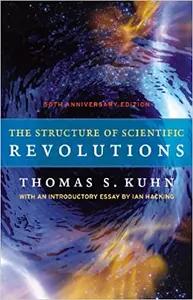
The Structure of Scientific Revolutions
Thomas Kuhn
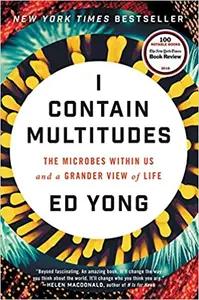
I Contain Multitudes
Ed Yong
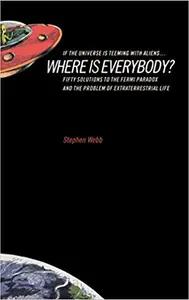
If The Universe Is Teeming With Aliens...Where Is Everybody?
Stephen Webb
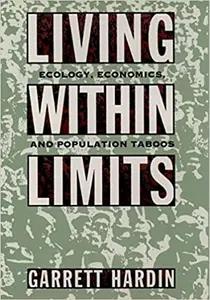
Living Within Limits
Garrett Hardin
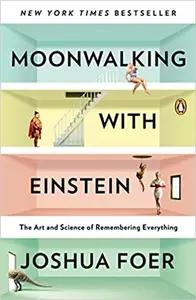
Moonwalking with Einstein
Joshua Foer
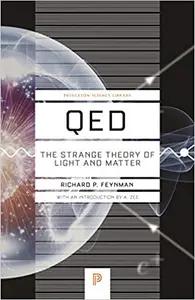
QED
Richard Feynman
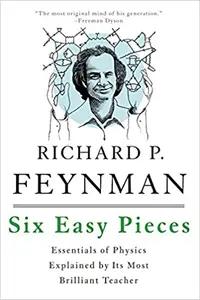
Six Easy Pieces
Richard P. Feynman
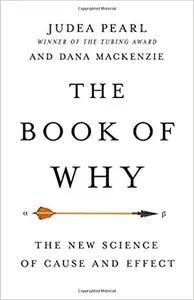
The Book of Why
Judea Pearl
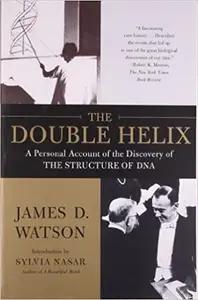
The Double Helix
James D. Watson Ph.D.
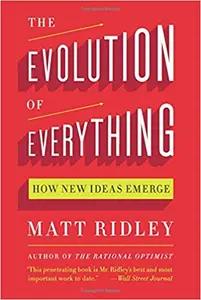
The Evolution of Everything
Matt Ridley
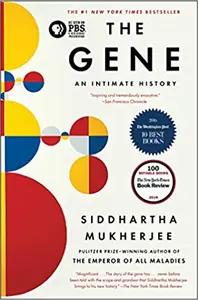
The Gene
Siddhartha Mukherjee
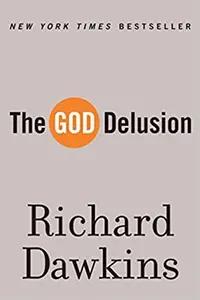
The God Delusion
Richard Dawkins
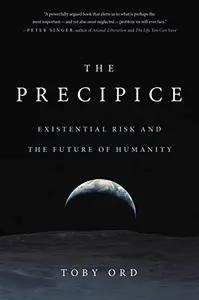
The Precipice
Toby Ord
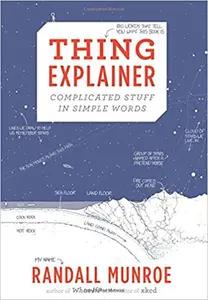
Thing Explainer
Randall Munroe
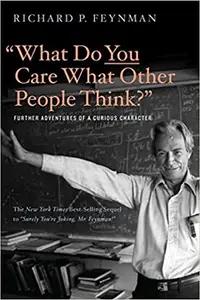
What Do You Care What Other People Think?
Richard P. Feynman
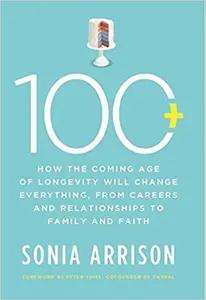
100 Plus
Sonia Arrison
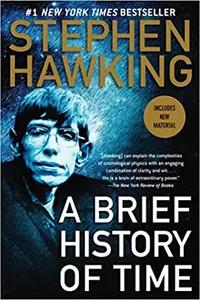
A Brief History of Time
Stephen Hawking
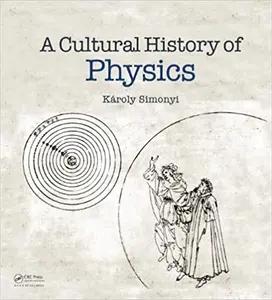
A Cultural History of Physics
Karoly Simonyi
Popular Books Recommended by Great Minds 📚
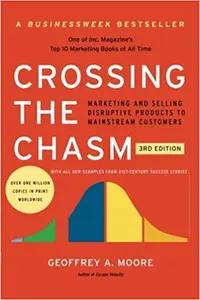
Crossing the Chasm
Geoffrey Moore
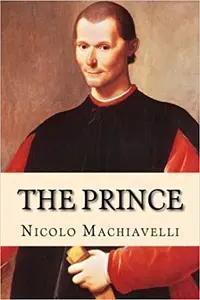
The Prince
Nicolo Machiavelli
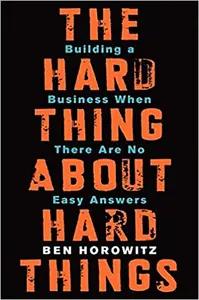
The Hard Thing About Hard Things
Ben Horowitz
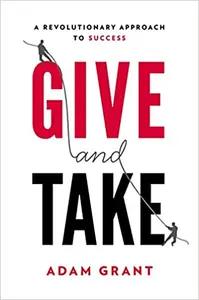
Give and Take
Adam Grant
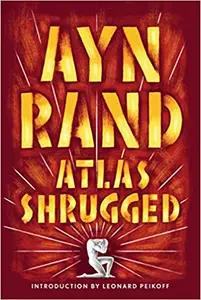
Atlas Shrugged
Ayn Rand

The Almanack of Naval Ravikant
Eric Jorgenson
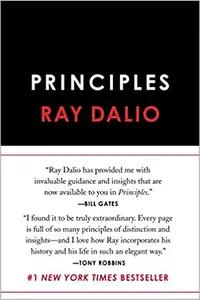
Principles
Ray Dalio
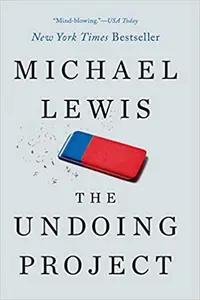
The Undoing Project
Michael Lewis
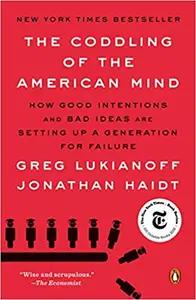
The Coddling of the American Mind
Greg Lukianoff & Jonathan Haidt
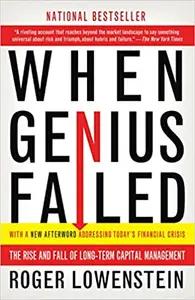
When Genius Failed
Roger Lowenstein
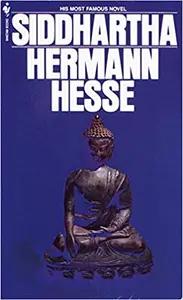
Siddhartha
Hermann Hesse
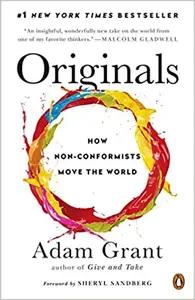
Originals
Adam Grant
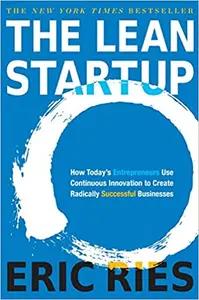
The Lean Startup
Eric Reis
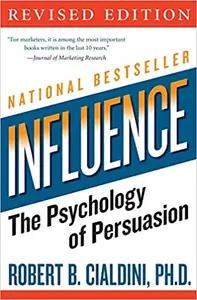
Influence
Robert Cialdini
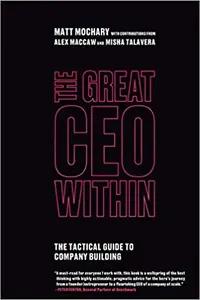
The Great CEO Within
Matt Mochary
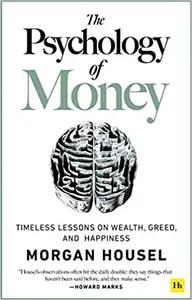
The Psychology of Money
Morgan Housel

Who We Are and How We Got Here
David Reich
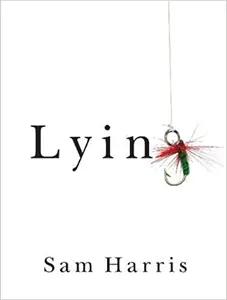
Lying
Sam Harris
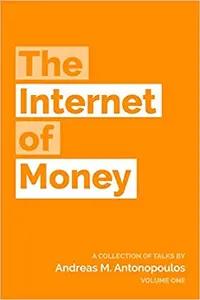
The Internet of Money Volume 1
Andreas Antonopolous
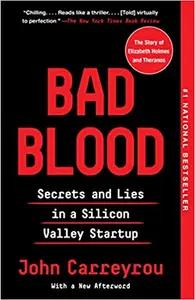
Bad Blood
John Carreyrou

Can't Hurt Me
David Goggins
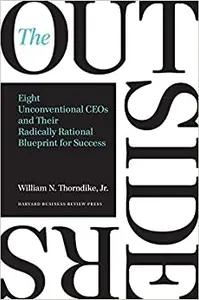
The Outsiders
William Thorndike
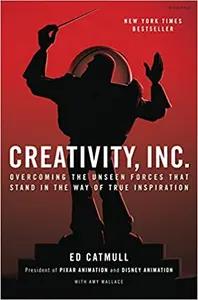
Creativity, Inc.
Ed Catmull
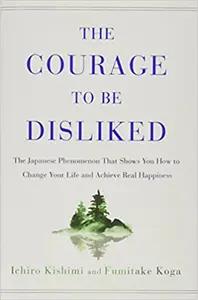
The Courage To Be Disliked
Ichiro Kishimi
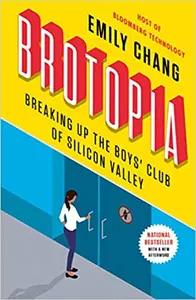
Brotopia
Emily Chang

Einstein
Walter Isaacson
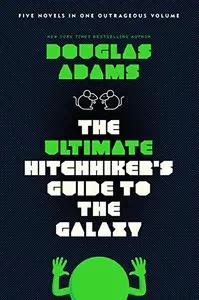
The Hitchhikers Guide to the Galaxy
Douglas Adams
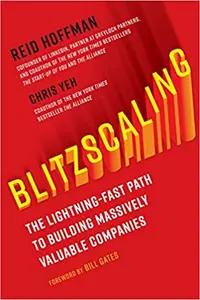
Blitzscaling
Reid Hoffman
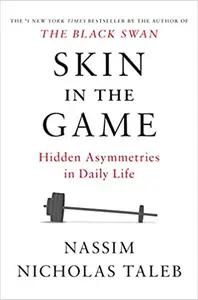
Skin In The Game
Nassim Taleb
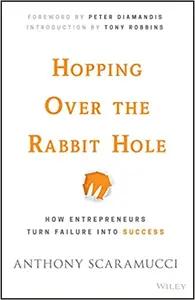
Hopping Over The Rabbit Hole
Anthony Scaramucci
